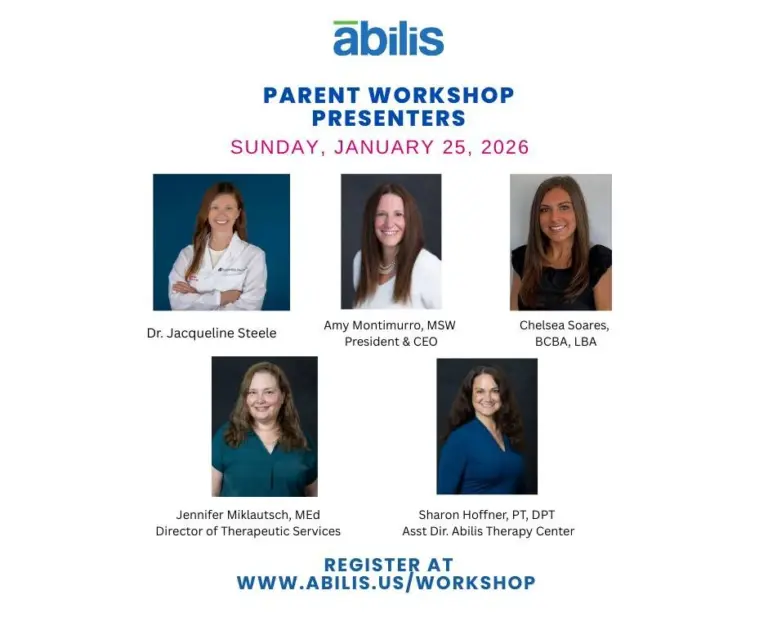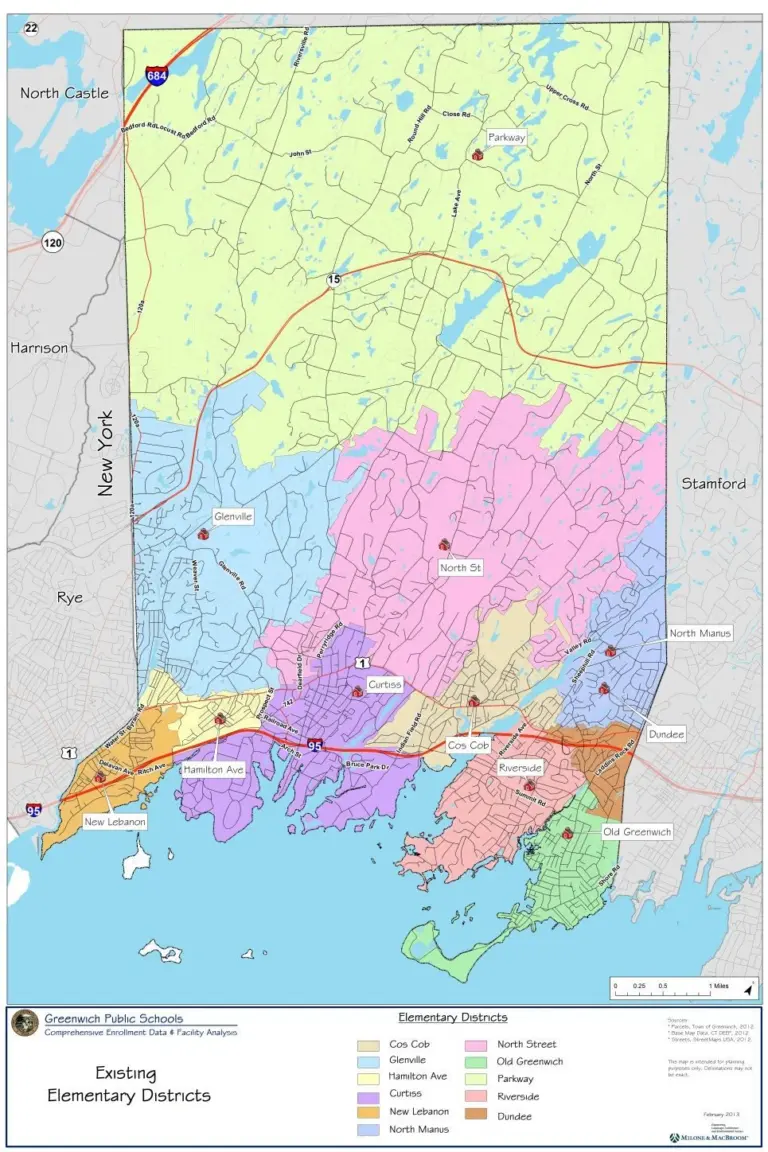In Greenwich, where the outward signs of prosperity are common, it is easy to presume that all is well and everyone has plenty. The streets are clean, the schools ranked, and the homes—many of them—proclaim success in square footage. But surface is not substance. The true test of a town lies not in its aesthetic splendor but in its willingness to look inward. The Greenwich United Way’s 2025 Needs Assessment, now live, offers just such a mirror—and every household should step forward to face it.
The survey, conducted every five years since 1981, is not a formality. It is the moral inventory of a community that, despite its many advantages, acknowledges its unfinished work. “This is our blueprint,” says David Rabin, the Greenwich United Way’s president and CEO, “to uncover the human services needs that we will address in the next few years.” In other words: we can’t fix what we don’t see.
To participate takes seven minutes—less time than one spends waiting for a latte. But those minutes matter. The 2020 assessment yielded tangible results: scholarship funding that now supports over 125 families with early childhood education; expanded awareness of food assistance, connecting over 150 households to SNAP benefits; and the establishment of the Adolescent Intensive Outpatient Program (IOP) at Greenwich Hospital, which will treat up to 400 teens per year. These are not theoretical outcomes. They are life-altering for those they touch.
And so we must say plainly: if you live in Greenwich, take the survey. Not later, not if it comes back around. Now. Today. And just as critically, ask your neighbor to do the same. Mention it over the back fence, in the carpool line, or while waiting at the pharmacy. Civic life depends not on fanfare but on follow-through.
“Survey fatigue” is real, we are told. But so is need— often invisible, often next door. The assessment’s partnership with Fairfield University ensures a granular look not at Greenwich writ large, but Greenwich neighborhood by neighborhood, where disparities lie camouflaged beneath leafy ZIP codes. Melissa Quan, director of the university’s Center for Social Impact, describes the process as one of “meaningful opportunity”—not just for students and faculty, but for residents themselves, to engage in the quiet heroism of answering the question: what is missing?
The civic contract, like any covenant, requires renewal. Edmund Burke once warned that society is a partnership not only among the living, but with the dead and those yet to be born. In that spirit, this survey is not merely about programs or policies. It is about preserving the promise of Greenwich for generations hence.
So let us be clear. If you consider yourself a stakeholder in this town—if you have planted roots here, sent a child to school here, grown old here, or simply found shelter in its peace—this survey is yours to complete. It is, in its humble format, the most important democratic act many of us will take this month. And it is not political. It is just good.
In a town so often judged by its fortunes, let us instead be judged by our attentiveness. In Pericles’ timeless formulation, “We do not say that a man who takes no interest in politics is a man who minds his own business; we say he has no business here at all.” Replace “politics” with “people,” and the maxim holds.
Fill it out. Send the link. Remind your neighbor. In Greenwich, democracy is not merely a vote—it is a voice, and this time, it is asked in the form of seven minutes well spent.
Take the survey here: (https://fairfield.iad1.qualtrics.com/jfe/form/SV_5bf6OraQiX4IA3I).




